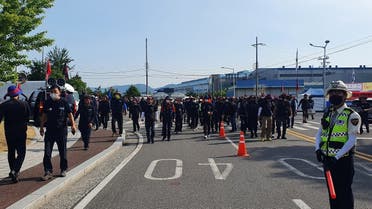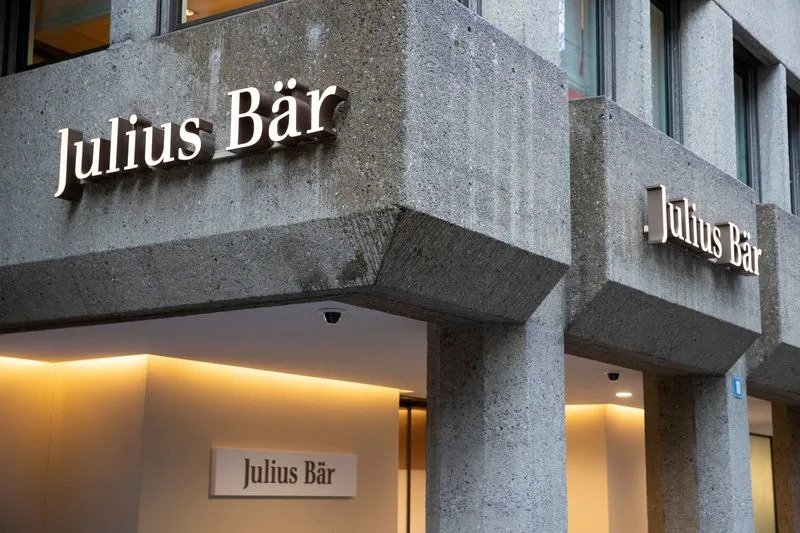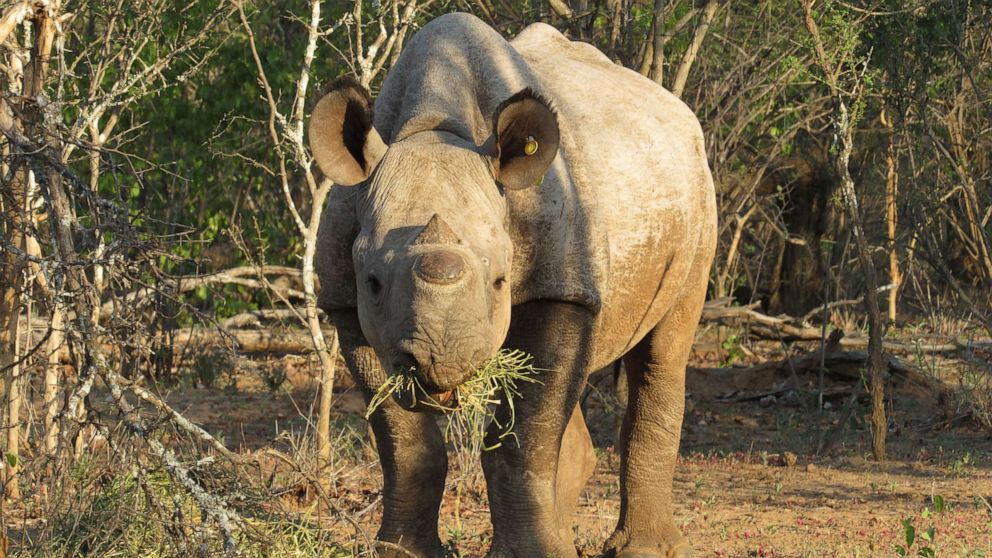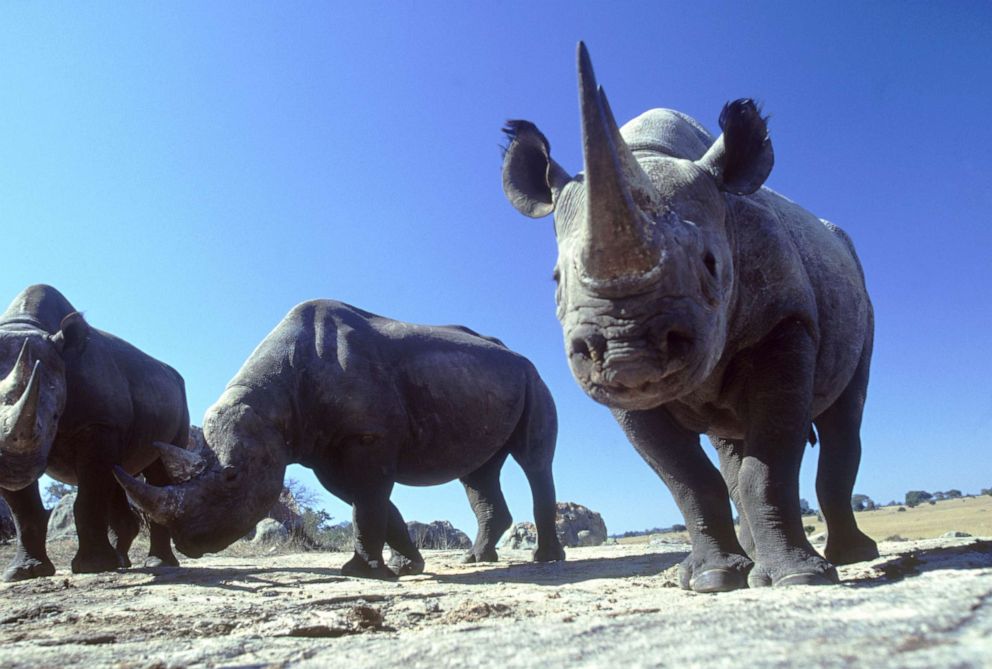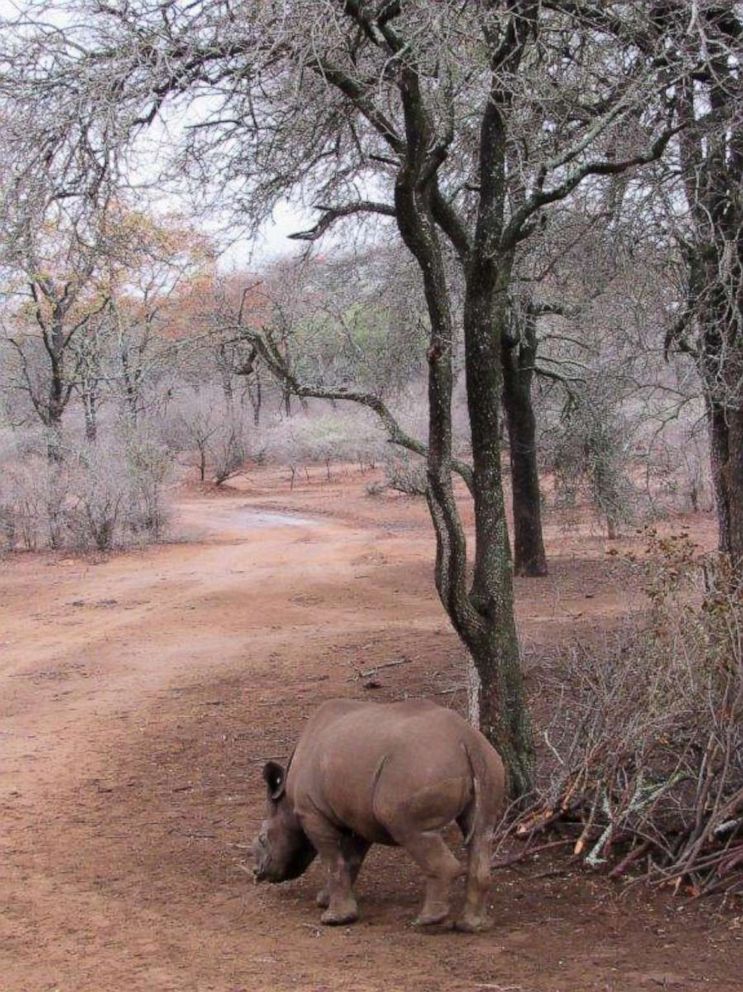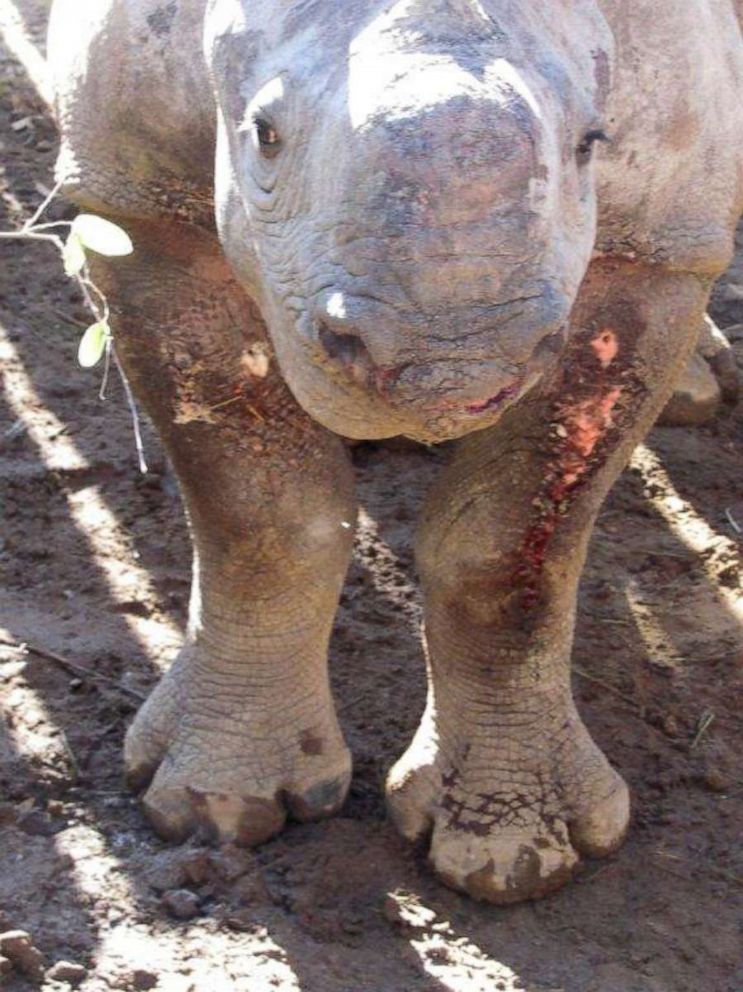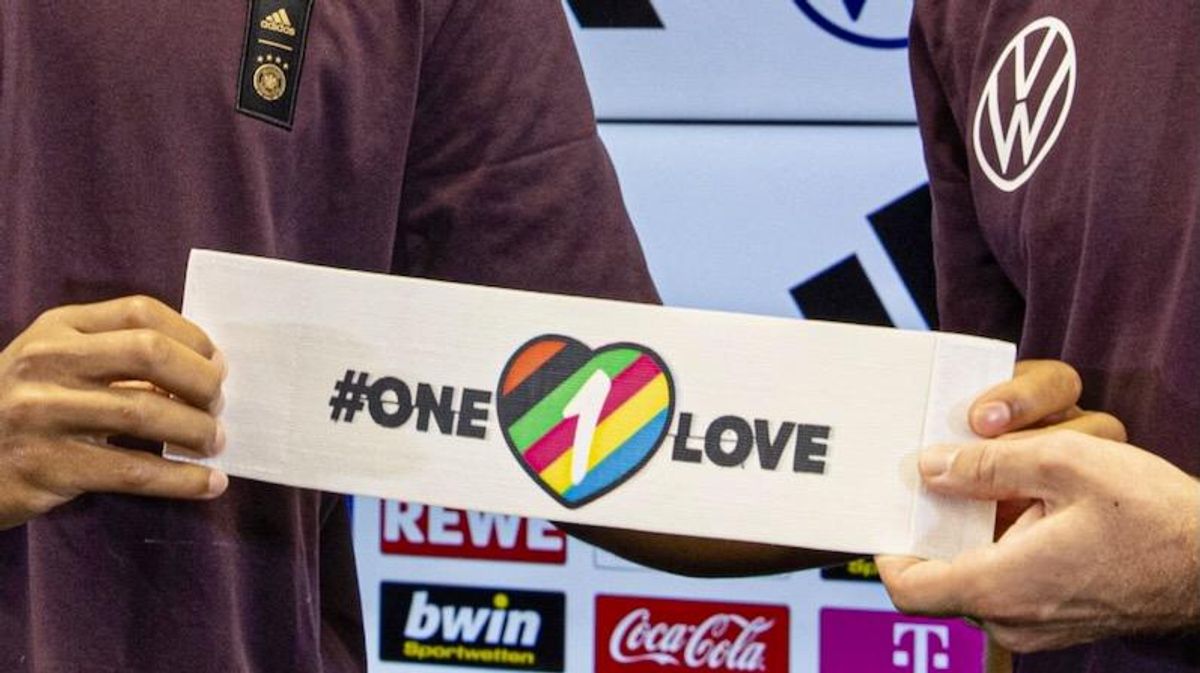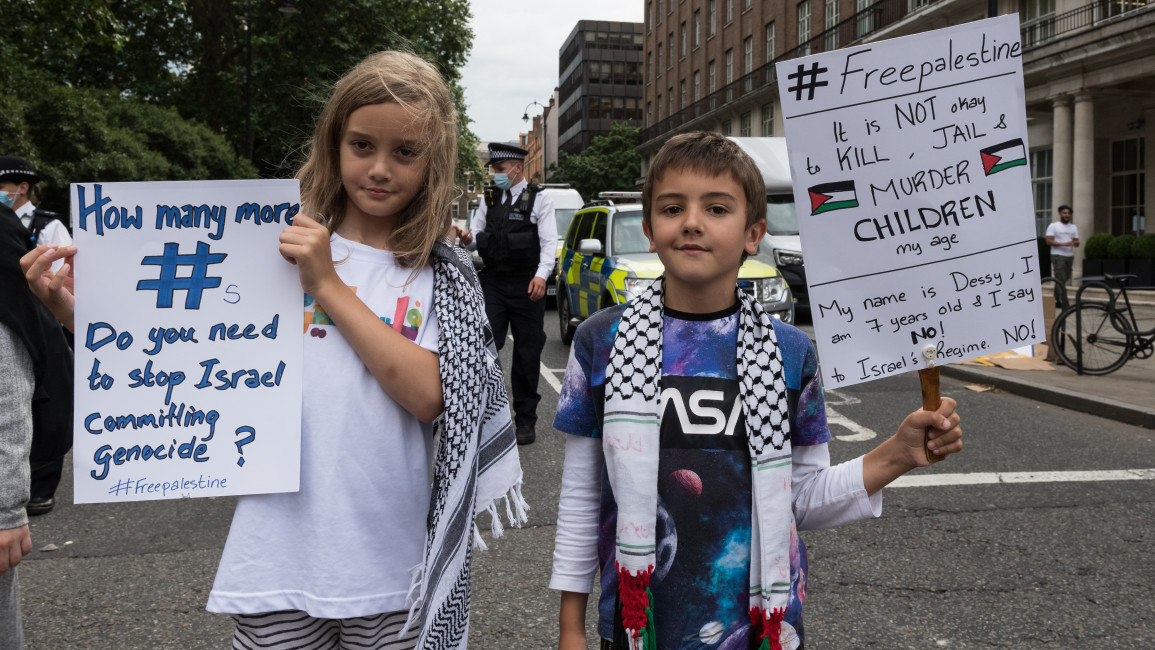
Qatar critics and their blind spots
We are in favour of human rights. But One Love armbands are self-righteous and ignore some fundamental issues. Stefan Buchen examines the debate surrounding the World Cup in Qatar
The desert is a place for powerful and lasting symbols. Moses descending from Mount Sinai, lugging the stone tablets with him, is one of the more common ones. It was captured not only in the original Bible story, but later, by painters in temperate latitudes where the prohibition on creating likenesses wasn’t taken so seriously. We know what was written on those tablets as "The Ten Commandments". And this, perhaps, is where the misunderstanding begins. The tablets were not engraved with instructions to do certain things; these were rousing exhortations to refrain from misdeeds that destroy communal life. Prohibitions such as "Thou shalt not kill".
The sense of negativity inherent in an enduring set of values has been forgotten. How else could a silly scrap of fabric become so loaded with positive meaning as a sign of goodness. But we’re just advocating for human rights. Who could possibly object to that? One Love! Our armbands!
The preacher-among-the-heathens gesture from the German national football team, and those of other European nations, cheered on by the chants of their enlightened supporters, was doomed to failure. This is not because the footballers ultimately shied away from making the gesture, adding another thin layer to the trash mountain of affluence with their unused armbands.
The German public has reacted to the climbdown on this issue with greater horror than when their team is defeated on the pitch. It is this reaction that leads us to the heart of the problem.

The DFB team in silent protest against the FIFA ban on One Love armbands at the match against Japan: "The complacency with which the One Love objective was presented initially blinded the spokespeople for this positive, joyful message to the fact that the counter-slogan, "No discrimination" – no matter who came up with it and whispered it in FIFA‘s ear – was not all that wrong," writes Stefan Buchen in his essay. "But worse still is the glossing-over of issues that comes with the armband gesture." He continues: "The very fact that you could still be prosecuted for homosexuality in Germany within the lifetimes of most Germans alive today, including the loudest critics of Qatar, might instil some modesty"
The armband gesture and what it ignores
The desert hosts of this World Cup needed to be taught something. We are progressive. We grant equal rights to women. We regard homosexuality and other sexual orientations as part and parcel of freedom and individual autonomy. We treat construction workers with respect. And if you don’t understand that, then your society is not free; it is backward, patriarchal, oppressive.
The complacency with which the One Love objective was presented initially blinded the spokespeople for this positive, joyful message to the fact that the counter-slogan, "No discrimination" – no matter who came up with it and whispered it in FIFA‘s ear – was not all that wrong. But worse still is the glossing-over of issues that comes with the armband gesture.
If you are going to enter hostile desert terrain as a wholehearted advocate of human rights, you should really check in advance what right you have to proclaim yourself the hero of such a scenario.
The very fact that you could still be prosecuted for homosexuality in Germany within the lifetimes of most Germans alive today, including the loudest critics of Qatar, might instil some modesty. Anyone complaining about Qatari women’s lack of rights might consider that until 1975, German mothers were not allowed to pass their citizenship down to their children. That was a privilege reserved for fathers.
Outsourcing the cost of Western prosperity
But what if we turn first to the situation on Europe’s outer borders? How is Europe doing when it comes to the ancient commandment not to kill, for instance? The increasing number of reports about pushback campaigns suggests a very casual approach to this particular prohibition. If it comes to the crunch, the extremists of the centre ground can now blame it on the post-fascist Meloni. And workers’ rights? The focus on the (in many cases fatal) exploitation of the workers who built the World Cup stadiums and other infrastructure in Qatar might make you think that Germany and the rest of Europe weren’t playing along in the international division of labour.
How many thousands of garment workers have died at work, sewing clothes for the West’s sprawling middle classes? How many miners who dug valuable metals out of pits in South Africa and elsewhere for the German automotive industry have fallen ill and wasted away?

Construction workers on a building site in Qatar: "The focus on the (in many cases fatal) exploitation of the workers who built the World Cup stadiums and other infrastructure in Qatar might make you think that Germany and the rest of Europe weren’t playing along in the international division of labour," writes Buchen. "How many thousands of garment workers have died at work, sewing clothes for the West’s sprawling middle classes? How many miners who dug valuable metals out of pits in South Africa and elsewhere for the German automotive industry have fallen ill and wasted away?"
How many Indonesian foresters have had to make way for palm oil plantations so that Europe’s drivers can mix a bit of biodiesel into their fuel to salve their ecological conscience?
We may suspect that the new German supply chain law will not bring any fundamental change to the international division of labour. The cost of Western prosperity is being outsourced. Is it clear to those who are noisily calling on Qatar to respect human rights that there are often tangible human costs involved? It seems too much to ask people to spell the word ‘externalisation’.
Sixty years ago, a philosopher harboured the suspicion that anyone who prized and called for pluralism was mainly trying to appease more essential social contradictions and sweep them under the carpet. The suspicion has been corroborated. Those criticising Qatar have set up a goal wall and painted it with cardboard comrades in dishdashas. And because they keep missing the target holes, they are hitting the cardboard comrades. The World Cup debate revolves around secondary contradictions.
"Debate revolves around secondary contradictions"
Those criticising Qatar do not need to set off across the desert on the somewhat arduous search for the cloud-draped Mount Sinai in order to arm themselves against the most banal and futile kind of positivism. A glance at Germany’s constitution, the Basic Law, will suffice. They will see that the modern German version of human rights is also couched in negative language. Human dignity shall be inviolable.
No physical harm shall be caused to the body. Freedom of the person shall be inviolable; no person shall be favoured or disfavoured because of sex, parentage, race, language, homeland and origin, faith or religious or political opinions. These are rights that defend people from attack and abuse. No discrimination. It is regrettable that Germany’s Parliamentary Council didn’t warn against seeking cheap self-affirmation in desert regions and other far-flung places.
It seems to have escaped the critics of Qatar that the country’s ruling Al-Thani family, quite by contrast to their national team, have passed the ball very skilfully back onto the international field. In this World Cup, they have adopted and made use of the order by which the world is structured. They have played by the rules.
That begins with the advantages of the international division of labour. But it goes much further. A spectacle like this has to be apolitical, and so the ruling family has kept the protest against the regime in neighbouring Iran out of the World Cup stadiums. In any case, the Iranian side is not standing in solidarity with the anti-government protests in their homeland, contrary to what has been reported by many German media outlets.
Qatar is holding a mirror up to the world
Nothing must be allowed to disrupt commerce. Problems that really can’t be discussed away must be vertically integrated. As shareholders of Daimler and VW, the Qataris know how to put millions of diesel and petrol-driven vehicles on the roads worldwide and still flaunt your green credentials. They know that if you can declare switching to liquid gas (LNG), some of which Germany buys from Qatar, as part of your green energy revolution, then there are no limits to greenwashing.
No one will be troubled by the fact that even before the World Cup and the building of eight new stadiums, the Qataris were world champions in emissions-per-head of climate-damaging gases. The Al-Thani ruling family knows that to cushion the blow, they can just run adverts on Al-Jazeera and other channels declaring the World Cup to be sustainable and boasting that they have planted 5000 trees. After all, didn’t everyone travel to COP27 in Egypt by plane?
Qatar’s rulers know that the global middle classes who travel from one continent to another want theme parks that all look the same. And so they are getting one in Qatar, too. The Qataris are holding a mirror up to the world. And when the world finds itself ugly, it starts yelling and blaming whoever is holding the mirror.
Many of those criticising the whole principle of this event argue that large-scale events such as the FIFA World Cup, the Expo or the Olympic Games are not a good fit for the times we live in. Their criticism is certainly well-meant. But it is too constructive and thus falls victim to its own good intent. The World Cup in Qatar is a perfect fit for our times, like dancing around the golden calf. No one could have come up with a more fitting and accurate spectacle. Its success is already assured, many days before the final.
Stefan Buchen
© Qantara.de 2022
Translated from the German by Ruth Martin

